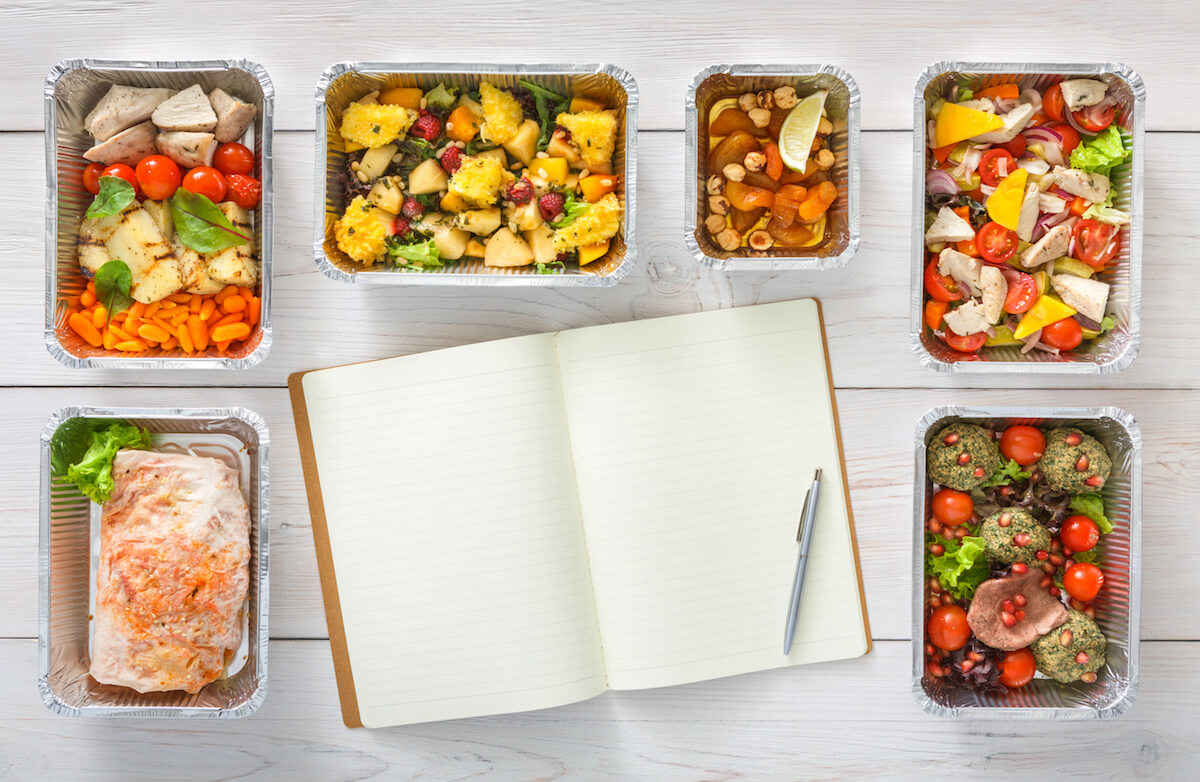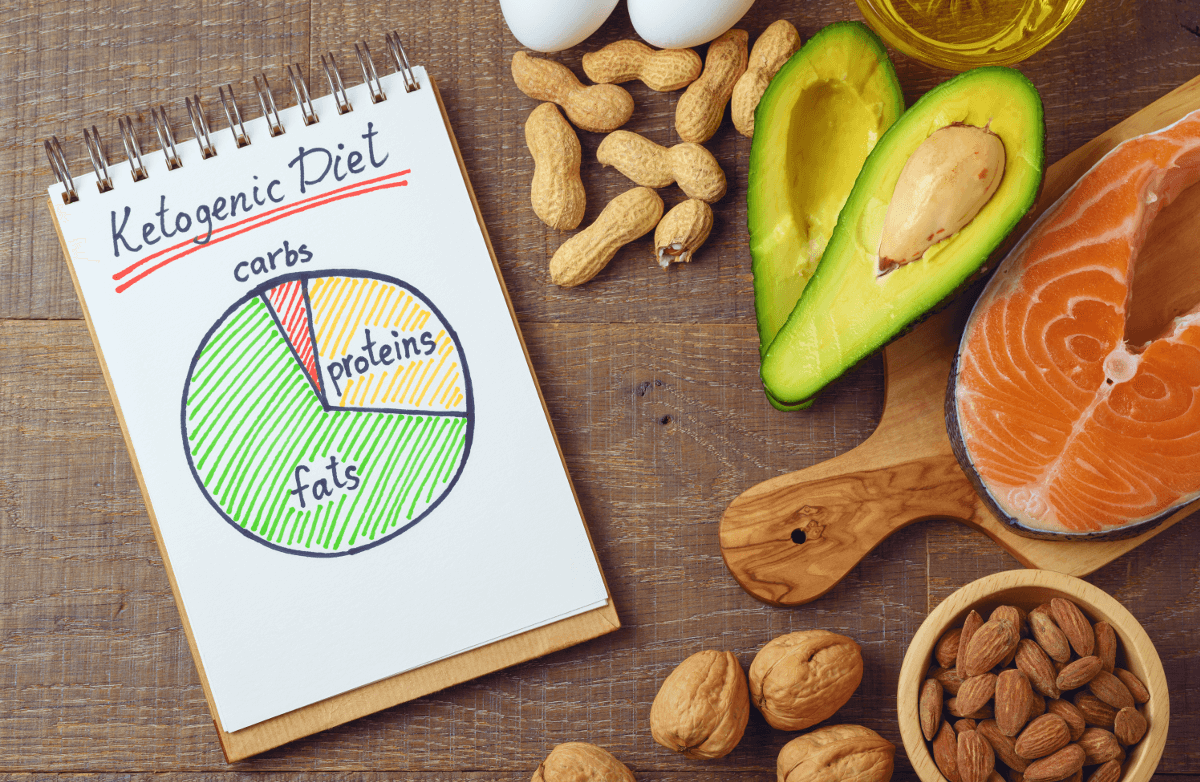If you’re watching your calorie intake, the most problematic part of your anatomy may be your sweet tooth. Our bodies are hard-wired for an attraction to sweet foods since sweetness signals that we’re taking in the calories (energy) needed for survival. The problem arises, of course, when we’re not burning those calories. But we can take steps to moderate those sweet cravings and choose the right foods to satisfy them. Here are some tips to show your sweet tooth who's boss:
Don’t deprive yourself.
Allowing yourself a small serving of dessert or an afternoon snack can help you stay on track and prevent full-blown sugar binges. Savor your treat, and then even it out with a little extra exercise. Moderation and balance are the keys here!
Eat whole foods.
If you’re hankering for a cookie, then eat a cookie—but make it a good one. Don’t reach for sweets that are artificially low in calories, sugar or fat like diet cola or ''lite'' yogurt. It's better to have a real cookie made with whole ingredients than a low-calorie or low-fat snack that’s full of artificial ingredients and flavorings. The artificial version might temporarily satisfy your sweet craving, but it will make you even hungrier in the long run since it's made with fake ingredients. Plus, studies suggest that artificial sweeteners may actually contribute to weight gain. A report in the Yale Journal of Biology & Medicine explains why: The taste of artificial sweeteners, coupled with our perception of fewer calories, causes us to overeat. When we eat something that tastes sweet but is artificially low in calories, it doesn’t fully signal the same reward/satiety response in our bodies and brains as the full-calorie version would. Since we’re not biologically satisfied by that food, we’re triggered to eat more of it. Take control of your own well-being and eat real foods whenever you can.
Watch your portions.
Because we have a natural preference for sweet foods (and because they’re just so yummy), we tend to overeat them. One cookie suddenly becomes three or five. As with any high-calorie food, pay attention to portion sizes. Take two cookies from the bag and put the package away. Cut a pan of brownies into 16 pieces instead of eight. Choose kid-sized portions at the frozen yogurt shop. Individually wrapped granola bars and other treats can also help keep you from overdoing it on the sweets. But don't give into your cravings right away! See if you can wait them out: Drink a glass of water and give yourself 10 minutes. If you still want the treat, then indulge, but go for quality over quantity. One really high-quality chocolate truffle is going to be so much more satisfying than half a bag of mediocre chocolate.
Make it a treat, not a daily eat.
Seize the power that comes from control, and make it work for you as a motivator. You can have dessert—just not every day! Have a piece of cake on a special occasion, or savor a decadent splurge once a week. Own your decision to eat what you want, in moderation. Additionally, don't settle for eating something that you aren't really craving; it may only set you up for a binge later on.
Make sensible sweet swaps.
Many people tend to crave sweets in the afternoon, after dinner and before bed. If your sweet tooth regularly strikes mid-day or late at night, then choose healthy snacks (around 150 calories) that not only satisfy your craving but also have nutritional value. And if you simply must have something sweet after dinner, then choose a dessert that’s naturally low in calories—and preferably homemade.
Sources
Cleveland Clinic. ''Heart-Health Benefits of Chocolate Unveiled,'' accessed May 2012.
Yale Journal of Biology and Medicine. ''Gain weight by ''going diet?'' Artificial sweeteners and the neurobiology of sugar cravings,'' accessed May 2012.












